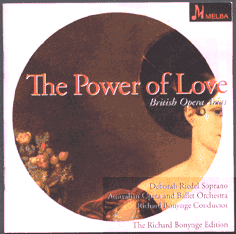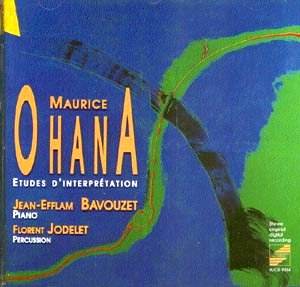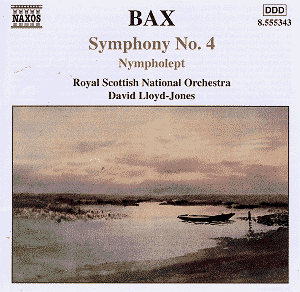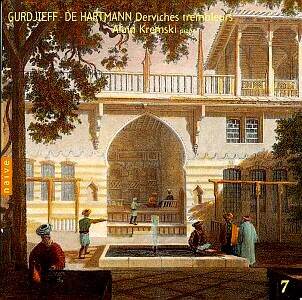 Composer: Various (Balfe, Wallace, Sullivan, Faraday)
Composer: Various (Balfe, Wallace, Sullivan, Faraday)
Works:
Performers: Deborah Riedel (soprano), Australian Opera & Ballet Orchestra, Richard Bonynge (conductor)
Recording: St Scholastica Chapel, Sydney, August 1999
Label: Melba 301082
The compilation “The Power of Love: British Opera Arias” offers a compelling glimpse into the often-overlooked works of Balfe and Wallace, whose contributions to the operatic repertoire were significant during the mid-19th century. This collection features a selection of arias that span the emotional landscape of love, from the tender to the exuberant, showcasing the melodic richness that characterizes both composers’ styles. While the operas of Balfe and Wallace may not enjoy the same prominence today as those of their continental contemporaries, their ability to craft engaging musical narratives is evident throughout this recording.
Deborah Riedel’s performance emerges as a defining element of this disc. Her soprano voice is characterized by a bright, agile quality that is especially effective in the florid passages typical of the period. In “Nella Dolce Trepidanza,” Riedel navigates the intricate lines with a combination of grace and precision, allowing the emotional weight of the aria to resonate fully. Richard Bonynge’s conducting is equally commendable; his adept handling of the Australian Opera & Ballet Orchestra ensures that the orchestral textures both support and amplify Riedel’s lyrical interpretations. The ensemble plays with a clarity that brings out the lush harmonies and rhythmic vitality of these operatic gems.
The sound quality of the recording merits particular praise. Captured in the intimate setting of St Scholastica Chapel, the acoustics lend a warmth and immediacy to the performances that is often absent in more conventional recording venues. The balance between voice and orchestra is expertly managed, allowing listeners to appreciate the intricate interplay of the two. This is particularly evident in the orchestral introductions that precede the arias, where Bonynge’s careful pacing sets the stage for Riedel’s entrance.
The choice of works reflects a thoughtful curation, highlighting not only the popular arias from Balfe’s and Wallace’s operas but also including Sullivan’s contributions, which provide a stylistic contrast and broaden the scope of the disc. Notably, “Scenes That Are Brightest” from Maritana retains its charm and popularity, while the inclusion of “Little Princess” from Faraday’s Amasis offers a delightful diversion into lighter fare. However, the absence of Balfe’s most celebrated work, The Bohemian Girl, feels like a missed opportunity to anchor the collection in a more familiar context.
Each aria selected for this recording demonstrates the composers’ ability to blend lyrical beauty with dramatic intent. The emotional arcs are clearly delineated, allowing Riedel to explore the nuances of each character’s sentiments. The expressive “There’s a Power” from Satanella, for instance, allows Riedel to showcase her dynamic range, from soft, yearning phrases to powerful climaxes that fully embody the aria’s intent.
Balfe’s and Wallace’s music, while perhaps less frequently encountered in today’s concert halls, deserves renewed attention, and this recording serves as an excellent introduction. Riedel’s artistry, combined with Bonynge’s insightful conducting and the orchestra’s robust playing, offers a persuasive argument for the enduring appeal of these works. This disc not only enriches the listener’s understanding of British opera but also stands as a testament to the often-overlooked jewels of the operatic repertoire.



